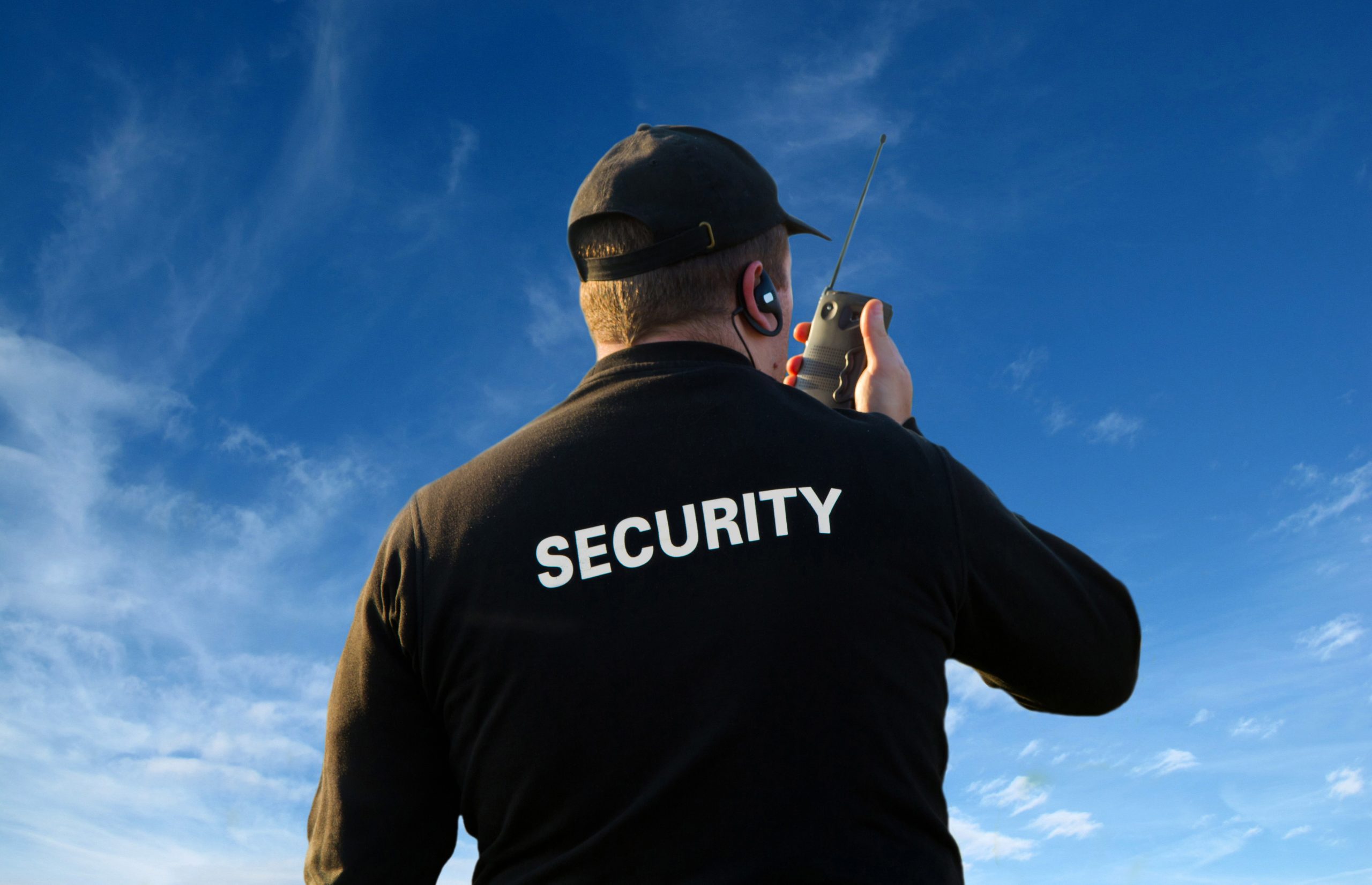Level 2 Door Supervisor

About this course
About this course
PURPOSE
This qualification is for those seeking to work as a door supervisor in the private security industry
ENTRY REQUIREMENTS
Minimum age 18 Learners must be able to communicate in English (oral and written) in order to establish the competence in the use of the English language
OR
Learners must have minimum English language skills equivalent to:
- B1 level qualification on the Home Office’s list of recognised English tests and qualifications
- ESOL qualification at (Level 1)
- Functional Skills Level 1 in English
UNITS
To achieve the qualification, the learner must achieve all of the following four units:
- Working within the Private Security Industry (K/616/0273)
- Working as a Door Supervisor within the Private Security Industry (J/616/0944)
- Conflict Management within the Private Security Industry (Y/506/7125)
- Physical Intervention Skills within the Private Security Industry (Y/616/0978)
ASSESSMENT
Assessment is by multiple choice examination and practical demonstration
QUALIFICATION SPECIFICATION
A Level 2 Award for Working as a Door Supervisor within the Private Security Industry is a pre-requisite for those seeking to work as a door supervisor in the private security industry (PSI).
Under the terms of the Private Security Industry Act (2001) individuals working in specific sectors of the private security industry must be licensed by the Security Industry Authority (SIA). One criterion for obtaining a licence is the achievement of a licence-linked qualification. The Level 2 Award for Working as a Door Supervisor within the Private Security Industry provides full coverage of the competences specified by the SIA and therefore meets its requirements for a licence-linked qualification.
A Door Supervisor licence is required if manned guarding activities are undertaken in relation to licensed premises, except where the activity only involves the use of CCTV equipment or falls within the definition of cash and valuables in transit or close protection. Licensed premises are those open to the public at times when alcohol is being supplied for consumption, or regulated entertainment is being provided.
The Level 2 Award for Working as a Door Supervisor within the Private Security Industry qualification is suitable for any new entrant to the sector without a previous award/qualification conferring full or partial exemption.
Successful learners will:
- Know the main characteristics of the Private Security Industry;
- Understand legislation as it applies to the individual in carrying out a licensable activity;
- Understand the importance of safe working practices to comply with legal requirements;
- Understand fire procedures in the workplace;
- Understand emergencies and the importance of emergency procedures;
- Understand the importance of communication skills and customer care;
- Understand the role and objectives of a door supervisor;
- Understand civil and criminal law relevant to a door supervisor;
- Understand searching relevant to a door supervisor;
- Understand drug-misuse issues and procedures relevant to the role of a door supervisor;
- Understand incident recording and crime scene preservation relevant to the role of a door supervisor;
- Understand licensing law and social responsibility relevant to the role of a door supervisor;
- Understand emergency procedures which should be followed by a door supervisor;
- Understand how a door supervisor can help to keep vulnerable people safe;
- Understand queue management and venue capacity responsibilities relevant to a door supervisor; • Understand the principles of conflict management appropriate to their role;
- Understand how to recognise, assess and reduce risk in conflict situations;
- Understand how to communicate in emotive situations to de-escalate conflict;
- Understand how to develop and use problem solving strategies for resolving conflict;
- Understand good practice to follow after conflict situations;
- Understand physical interventions and the implications of their use;
- Understand how to reduce the risk of harm when physical intervention skills are used
- Be able to use non-aggressive physical skills to protect yourself and others;
- Be able to use non-pain related standing, holding and escorting techniques, including non-restrictive and restrictive skills;
- Understand good practice to follow after physical interventions.
| UNIT NAME | MIN CONTACT HRS |
MAX DISTANT LEARNING |
SIA TOTAL HRS |
|---|---|---|---|
| Working within the Private Security Industry | 1 | 9 | 10 |
| Working as a Door Supervisor within the Private Security Industry | 12 | None | 12 |
| Conflict Management within the Private Security Industry | 7.5 | 30 minutes | 8 |
| Physical Intervention Skills within the Private Security Industry | 12 | 3 | 15 |
| 32.5 | – | 45 |



Craig Murphy
August 3, 2017Numquam tacimates nec ut, quis civibus minimum an mel. Erant audiam convenire ei vim, at sea vitae invidunt quaestio. Ea mei albucius assueverit, his atqui indoctum id, duo id denique sapientem. Ut rebum complectitur consequuntur mel. Vim at nostrum suscipiantur.